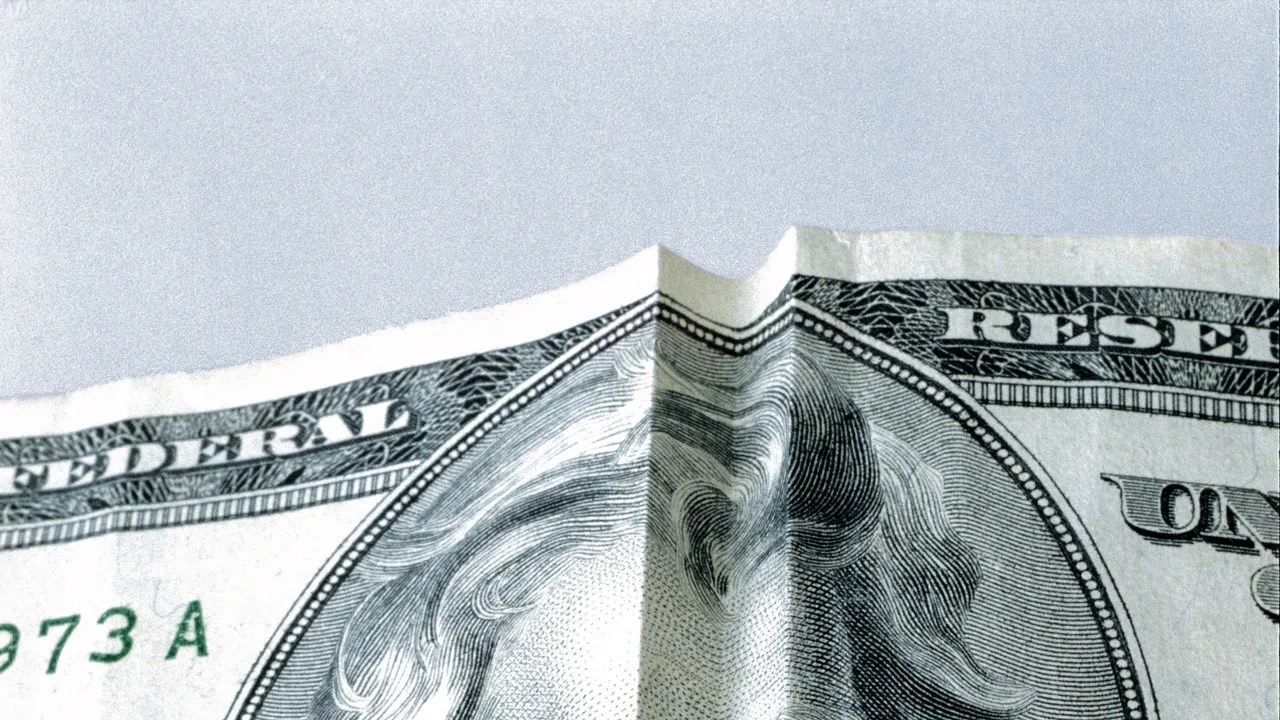In the world of pawnbroking, “What you pawn I will redeem” is not just a slogan but a testament to the unique service it provides. From its historical roots to the intricacies of the process, pawnbroking has played a significant role in society, offering a lifeline to those in need of short-term financing.
This comprehensive guide delves into the fascinating world of pawnbroking, exploring its history, practices, and alternatives.
Pawnbroking has a rich and diverse history, dating back to ancient civilizations. Over the centuries, pawnbrokers have evolved from moneylenders to trusted advisors, providing financial assistance to individuals from all walks of life. Understanding the origins and evolution of pawnbroking helps us appreciate its enduring relevance in today’s society.
Pawnbroking History
Pawnbroking, a financial service that involves lending money against the security of personal property, has a rich and diverse history. Its origins can be traced back to ancient civilizations, where individuals would often pledge their possessions to secure loans from wealthy merchants or moneylenders.Over
time, pawnbroking evolved into a more formalized industry, with established regulations and practices. Pawnbrokers played a significant role in society, providing a vital source of credit for those in need of quick cash, particularly during times of economic hardship. Historical records indicate that pawnbroking was prevalent in ancient Greece, Rome, and China, with pawnbrokers often operating under the patronage of religious institutions or the state.
Pawnbroking Process: What You Pawn I Will Redeem

Pawning an item involves several steps, ensuring a secure and transparent transaction. Customers bring their items to a pawnbroker, who assesses and values them to determine the loan amount.
The process typically includes the following steps:
Assessment and Valuation
Pawnbrokers meticulously assess the item’s condition, authenticity, and value. They consider factors such as the item’s age, materials, brand, and current market trends. Specialized knowledge and expertise are crucial in determining the item’s worth accurately.
Loan Terms and Conditions
Once the item is valued, the pawnbroker presents the loan terms and conditions to the customer. These typically include the loan amount, interest rate, loan duration, and any additional fees or charges. It’s essential for customers to carefully review and understand these terms before proceeding.
Items Commonly Pawned

Pawnshops accept a wide range of items as collateral for loans. These items typically have resale value and can be easily authenticated by pawnbrokers.
The saying “what you pawn I will redeem” is a promise of hope, a pledge to retrieve something lost or precious. Like the title of Chapter 19: Give Me Liberty , it echoes a yearning for freedom, for the restoration of something cherished.
In the same spirit, the promise “what you pawn I will redeem” serves as a reminder that even in the face of adversity, there is always hope for redemption and renewal.
The value of the item determines the amount of the loan. Pawnbrokers consider factors such as the item’s condition, age, and brand when determining its value.
Jewelry
Jewelry is a common item pawned due to its high resale value. Common types of jewelry pawned include:
- Gold and silver jewelry
- Diamonds and other gemstones
- Watches
- Coins
Electronics
Electronics are another popular item pawned. Pawnbrokers typically accept:
- Smartphones
- Laptops and tablets
- Televisions
- Video game consoles
Musical Instruments
Musical instruments are also frequently pawned. Pawnbrokers may accept:
- Guitars
- Drums
- Pianos
- Saxophones
Other Items
In addition to the categories mentioned above, pawnshops may also accept other items, such as:
- Tools
- Sporting goods
- Artwork
- Collectibles
The specific items accepted by a pawnshop will vary depending on the location and the pawnbroker’s expertise.
Redemption of Pawned Items

Redeeming pawned items is the process of retrieving them from the pawnbroker after repaying the loan amount and any accrued fees.
To redeem an item, you will need to visit the pawn shop where it was pawned, present your pawn ticket, and pay the outstanding balance. The pawnbroker will then release the item to you.
Fees and Charges Associated with Redemption
In addition to the loan amount, you may also need to pay the following fees and charges:
- Interest: Interest is charged on the loan amount for the period it was outstanding.
- Storage fees: Storage fees are charged for the safekeeping of your item while it is in the pawnbroker’s possession.
- Late fees: Late fees are charged if you do not redeem your item by the due date.
Redemption Periods and Late Fees
The redemption period for pawned items varies from state to state. In general, you have 30 to 60 days to redeem your item before it is considered abandoned and sold by the pawnbroker.
If you do not redeem your item by the due date, you may be charged a late fee. Late fees vary from pawnbroker to pawnbroker, but they are typically a percentage of the loan amount.
| Redemption Period | Late Fee |
|---|---|
| 30 days | 10% of loan amount |
| 60 days | 15% of loan amount |
Alternatives to Pawnbroking

When faced with financial emergencies, pawnbroking may not always be the most suitable option. Exploring alternative sources of short-term financing can provide borrowers with more flexibility and potentially better terms.
One alternative to pawnbroking is seeking a personal loan from a bank or credit union. Personal loans offer fixed interest rates and repayment terms, making them easier to budget for. However, they typically require good credit scores and may have higher interest rates than pawn loans.
Online Lenders
Online lenders offer short-term loans with quick approval processes and minimal documentation. While they may have higher interest rates than traditional banks, they can be a convenient option for those with poor credit or who need funds quickly.
Peer-to-Peer Lending
Peer-to-peer lending platforms connect borrowers with investors who lend money directly. This can result in lower interest rates than traditional loans, but it also involves a risk assessment process that can take longer.
Credit Cards, What you pawn i will redeem
Credit cards can be used for short-term financing, but they typically have high interest rates and fees. It’s important to use credit cards responsibly and pay off balances on time to avoid accumulating debt.
Comparison of Options
Each alternative to pawnbroking has its own advantages and disadvantages. The best option for a particular borrower will depend on their financial situation and needs.
- Pawnbroking:Quick and easy to access, no credit check required, but high interest rates and risk of losing pledged items.
- Personal Loans:Fixed interest rates and repayment terms, but may require good credit scores and higher interest rates.
- Online Lenders:Quick approval and minimal documentation, but higher interest rates.
- Peer-to-Peer Lending:Lower interest rates than traditional loans, but risk assessment process can take longer.
- Credit Cards:Convenient for short-term financing, but high interest rates and fees.
Risks and Responsibilities
Borrowing money from any source involves risks and responsibilities. It’s important to:
- Understand the terms and conditions of the loan.
- Borrow only what you can afford to repay.
- Make payments on time to avoid penalties and damage to your credit score.
- Seek professional financial advice if you’re struggling to repay your debts.
Question & Answer Hub
What is the typical loan period for pawned items?
Loan periods vary depending on the pawnbroker and the item pawned, but typically range from 30 to 90 days.
What happens if I cannot repay my pawn loan?
If you cannot repay your loan within the agreed-upon time frame, the pawnbroker may sell the item you pawned to recover the loan amount and any associated fees.
What types of items can I pawn?
Pawnbrokers accept a wide range of items, including jewelry, electronics, musical instruments, tools, and collectibles. However, some items may not be accepted due to their condition or value.